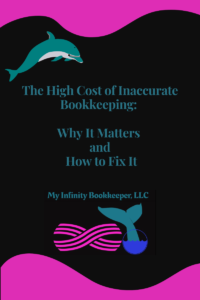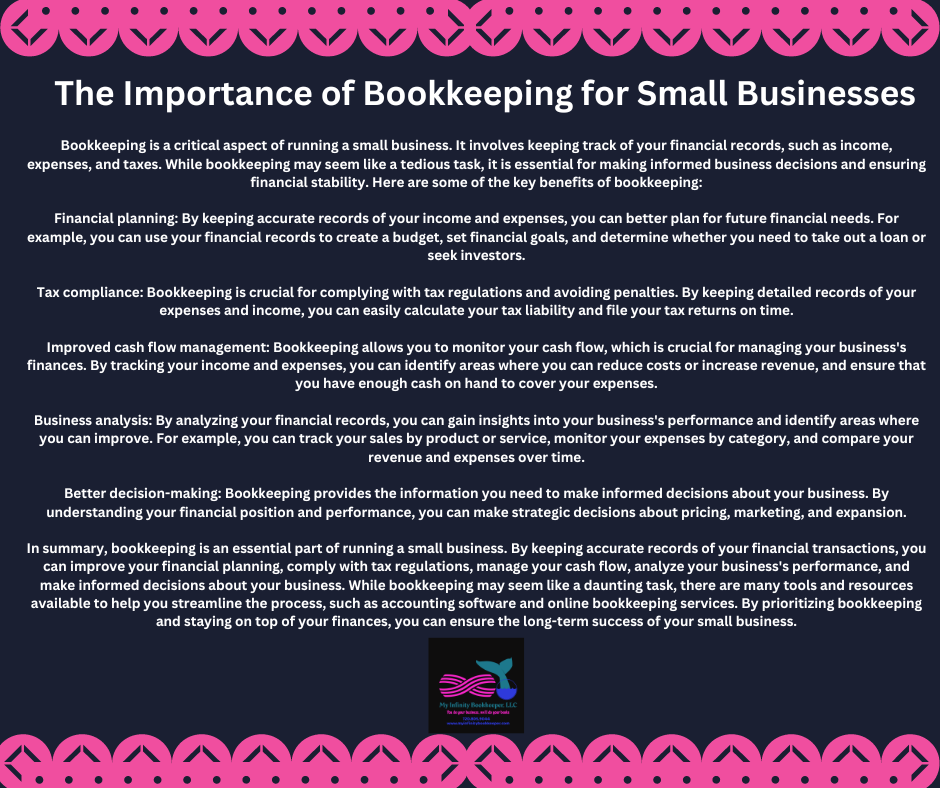Late Payments and Missed Deadlines

Late Payments and Missed Deadlines
Hey there, fellow business owners!
Let’s talk about a not-so-fun topic: late payments and missed deadlines.
We’ve all been there, right? 
Late payments can really put a dent in your cash flow and create unnecessary stress. That’s why having proper bookkeeping processes in place is crucial. You can send those pesky late payments packing by staying organized and on top of your finances!
Here are a few tips to help you tackle this challenge head-on:



Remember, late payments shouldn’t be the norm. Don’t let them hurt your business and hinder your growth. With the right bookkeeping processes (and even a sprinkle of humor because hey, laughter makes everything better, right?), you can keep your cash flowing smoothly and maintain a healthy business.
If you’re ready for some expert assistance with your bookkeeping or have any questions about managing your books effectively, contact us now. Let’s slay those late payments together!
- Post author:MyInfinityBookkeeper
- Post published:June 9, 2023
- Post category:Bookkeeping Tips
- Reading time:4 mins read

















